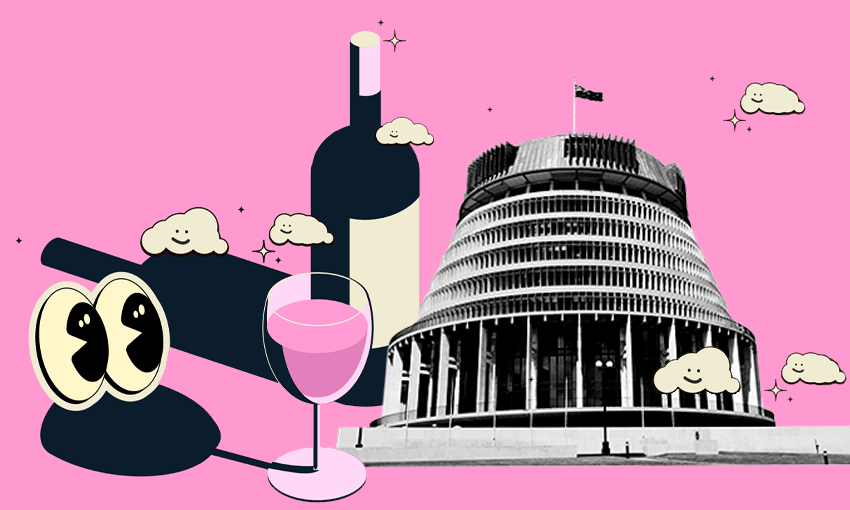Labeling a fiction book with references to same-sex marriage as harmful to children violates the freedom of expression, the European Court of Human Rights stated Monday in a landmark ruling.
“Restricting children’s access to such information had not pursued any aims that it could accept as legitimate,” the court’s ruling reads.
The case pitted the Lithuanian government against the author of a collection of fairytales whose storyline revolved, in some cases, around same-sex marriage. (For instance, a passage in one of the books described a princess and a shoemaker’s daughter sleeping in each other’s arms after their wedding.)
The distribution of that book, “Gintarinė širdis,” or “Amber Heart,” was suspended shortly after publication, in March 2014. When it resumed a year later, the books were distributed with a label warning their content could be harmful to children under 14.
The author, Neringa Macatė, filed a civil suit against the book’s publisher in Lithuania, arguing that references to same-sex relationships could not be considered as being harmful to children. After her claim was denied by Lithuanian courts at all levels, she filed a request in front of the ECHR in November 2019. She died in 2020.
In its ruling, the court found that “the measures against the applicant’s book had intended to limit children’s access to information depicting same-sex relationships as essentially equivalent different-sex relationships.”
This, the court found, violated Article 10 of the European Convention on Human Rights, which refers to the freedom of expression.
The court was not convinced by the Lithuanian government’s argument that the book had “promoted same-sex families over others.”
“To the contrary, the fairy tales had advocated respect for and acceptance of all members of society in a fundamental aspect of their lives, namely a committed relationship,” the court’s decision reads.
It is the first case where the ECHR was called on to rule on restricting access to children’s literature showing references to same-sex relationships.
The ruling was celebrated by LGBTQ+ rights organizations.
“Protection of children or public morals are too often used as a convenient pretext to restrict freedom of expression, and demonise and discriminate against members of the LGBTQI+ community,” said Barbora Bukovská, senior director for law and policy at the human rights NGO Article 19.
“With today’s verdict, the European Court has rejected this kind of scaremongering tactic and made clear that it cannot be tolerated.”
Wilhelmine Preussen contributed reporting.





















Discussion about this post